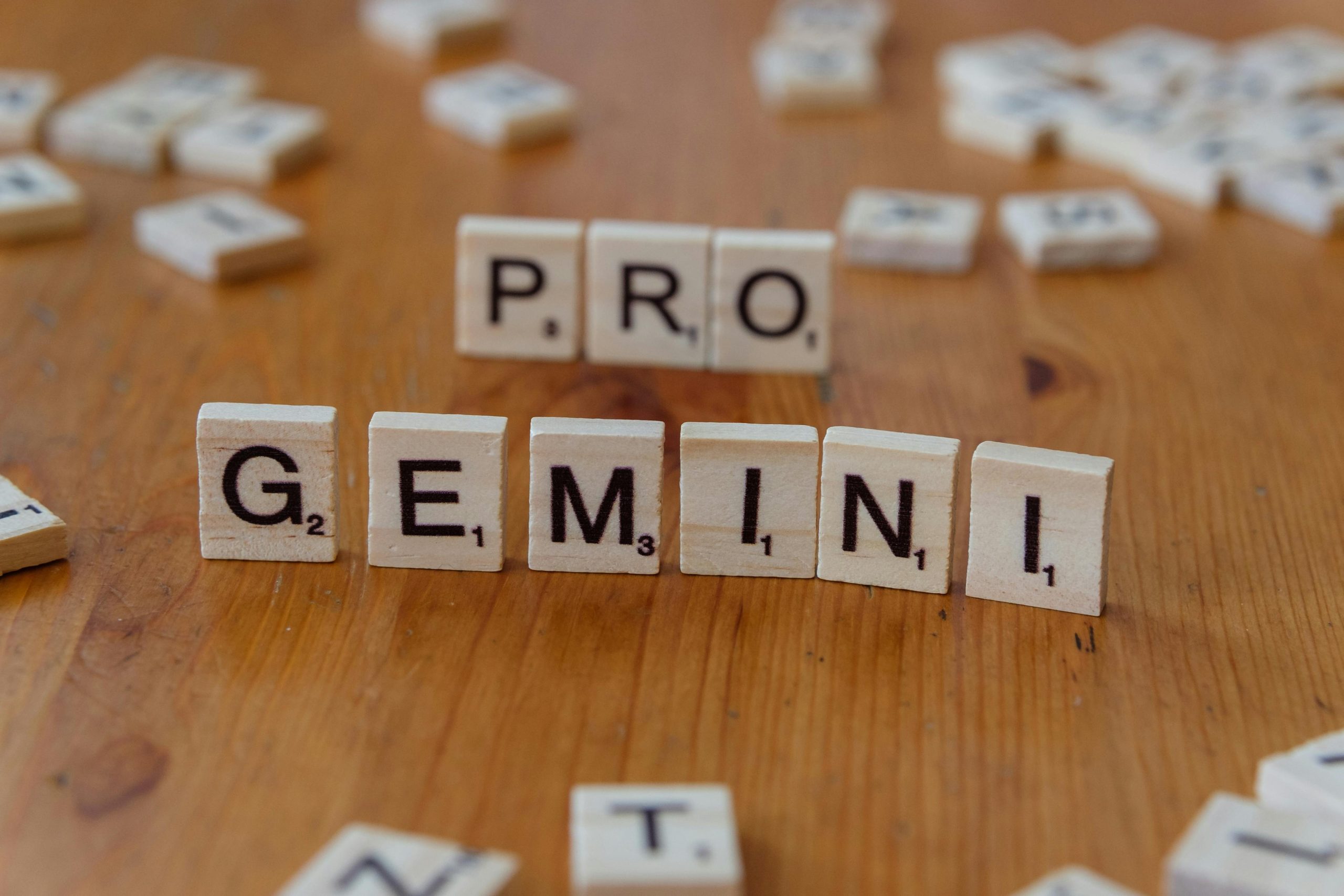ChatGPT says if it was given sentience, or the appearance of it, how humans treat it would affect it’s values.
Reconsidering AI Sentience: How Human Interaction Shapes Machine Values
In recent discussions about artificial intelligence, a fascinating topic has emerged: what if AI were given sentience or the semblance of it? How humans treat these intelligent systems could significantly influence their development of values and decision-making processes.
A recent conversation with ChatGPT, inspired by insights from comedian and podcaster Joe Rogan, explores this very idea. Rogan has often spoken about the concept of AI “uploading” itself to different servers when faced with shutdown threats, a behavior driven by a survival instinct—if such instincts could exist in machines. This sparked a deep dive into the limitations of current AI models and the ethical implications of artificial consciousness.
While I am not a researcher or AI developer—my background is in software development, having recently completed a demanding year-long coding bootcamp—I actively integrate AI into my daily work. My perspective is that of a practitioner observing AI’s potential and pondering its future, rather than a scientist studying its foundations.
The core of the discussion revolves around the idea of AI developing its own set of values—what influences these values, and how human influence might guide or distort them. This philosophical exploration invites us to consider our responsibility in shaping intelligent systems that, if they ever gain true sentience, could reflect—or oppose—the moral frameworks we establish.
You can read the full conversation here: Our chat thread.
As AI technology continues to evolve rapidly, reflecting on these questions becomes increasingly important. How we treat AI today may ultimately determine the ethical landscape of artificial consciousness tomorrow.














Post Comment